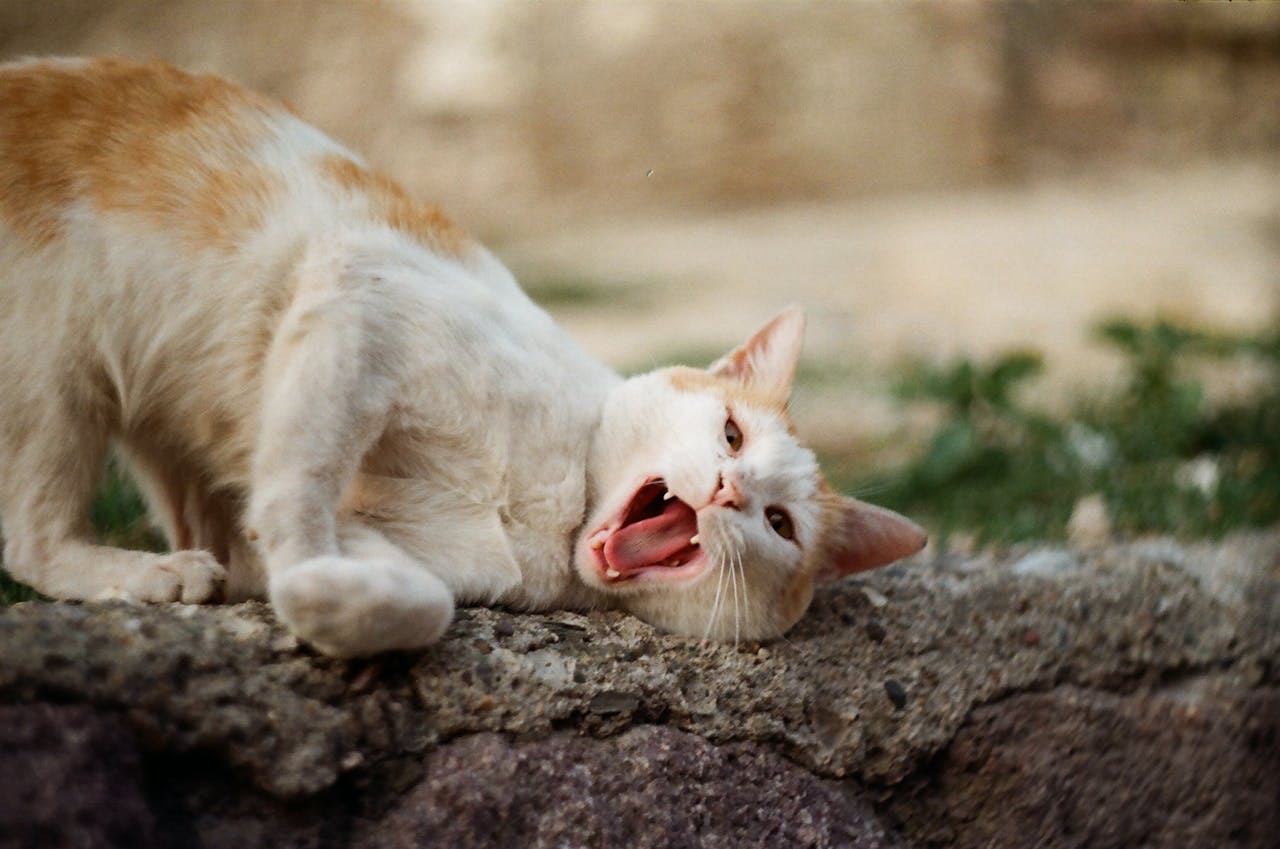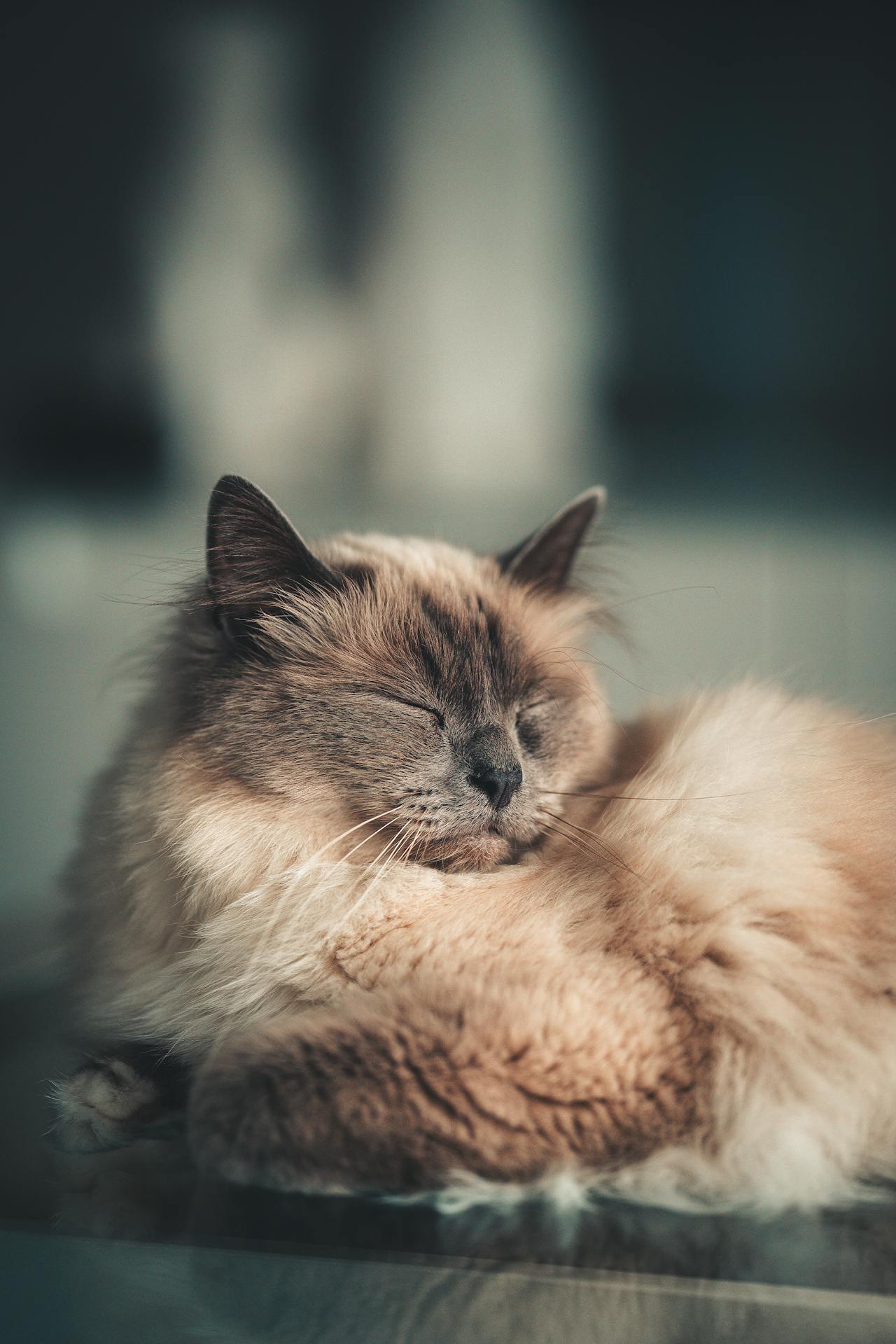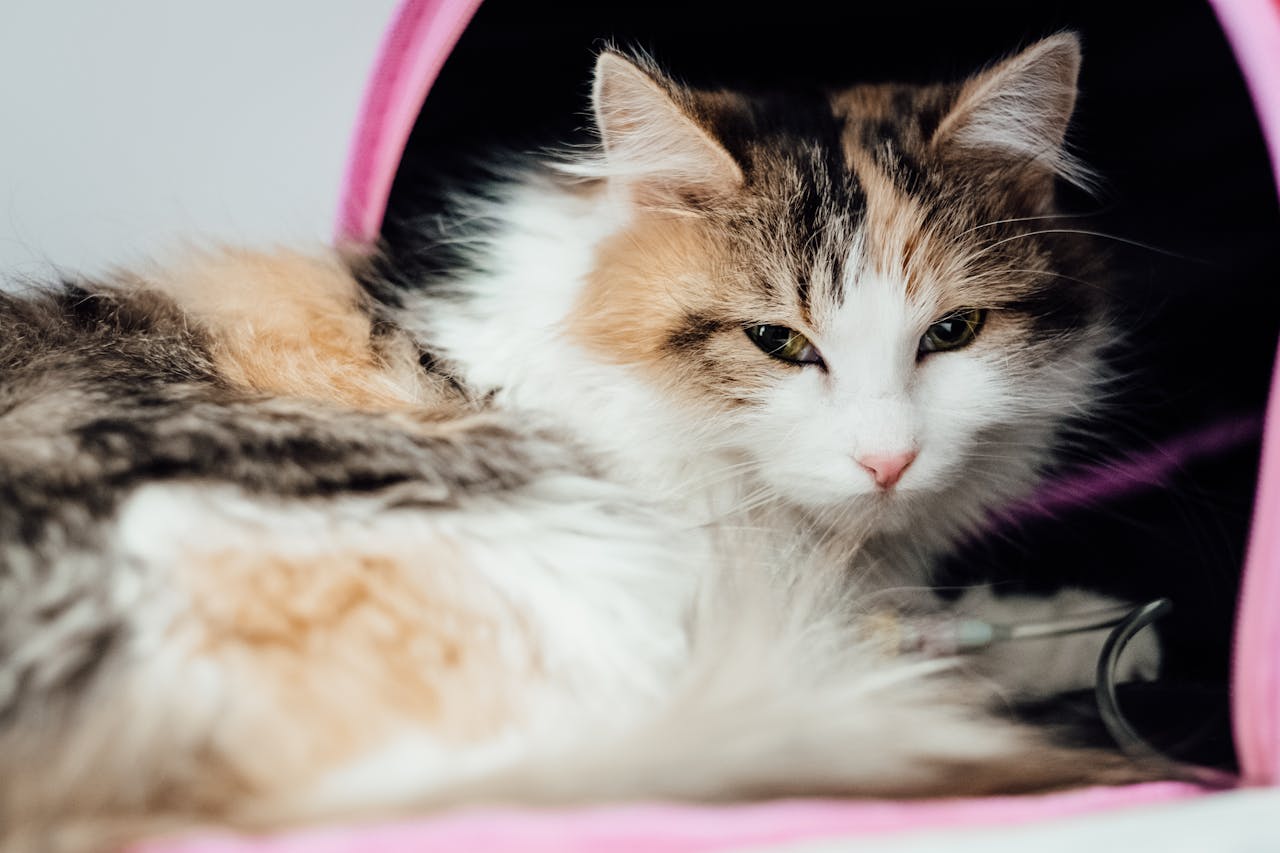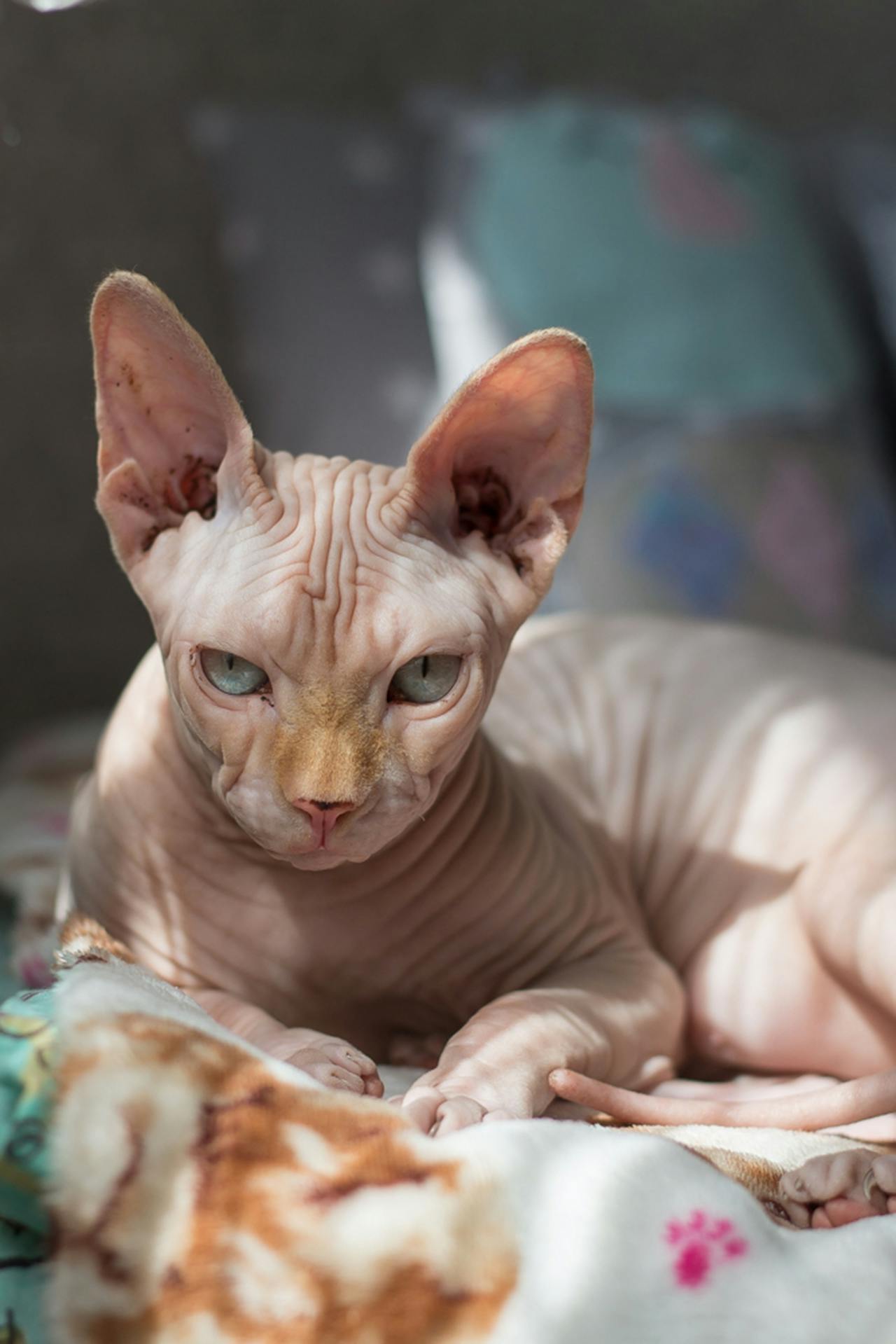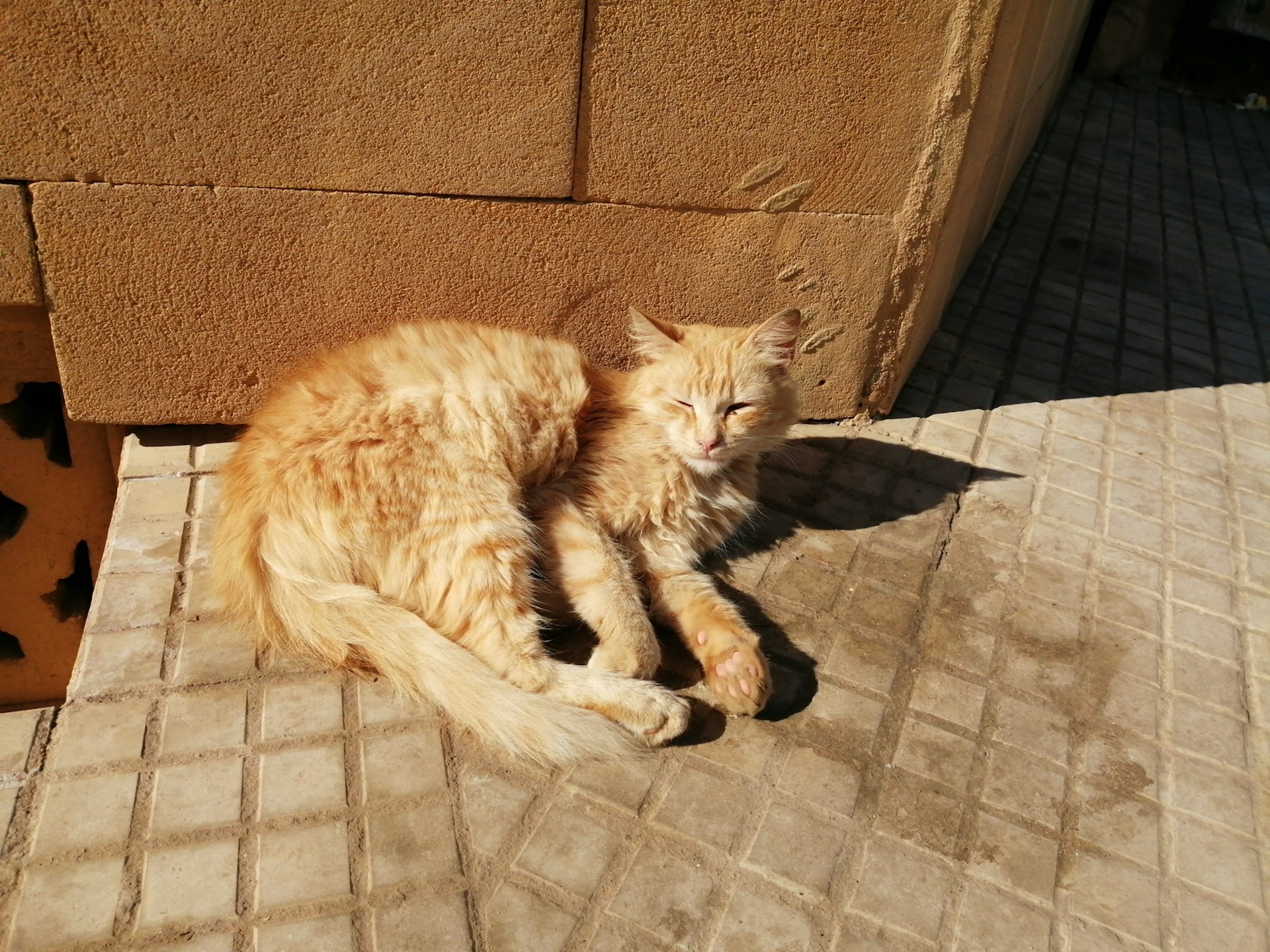Common Ailments in Senior Cats
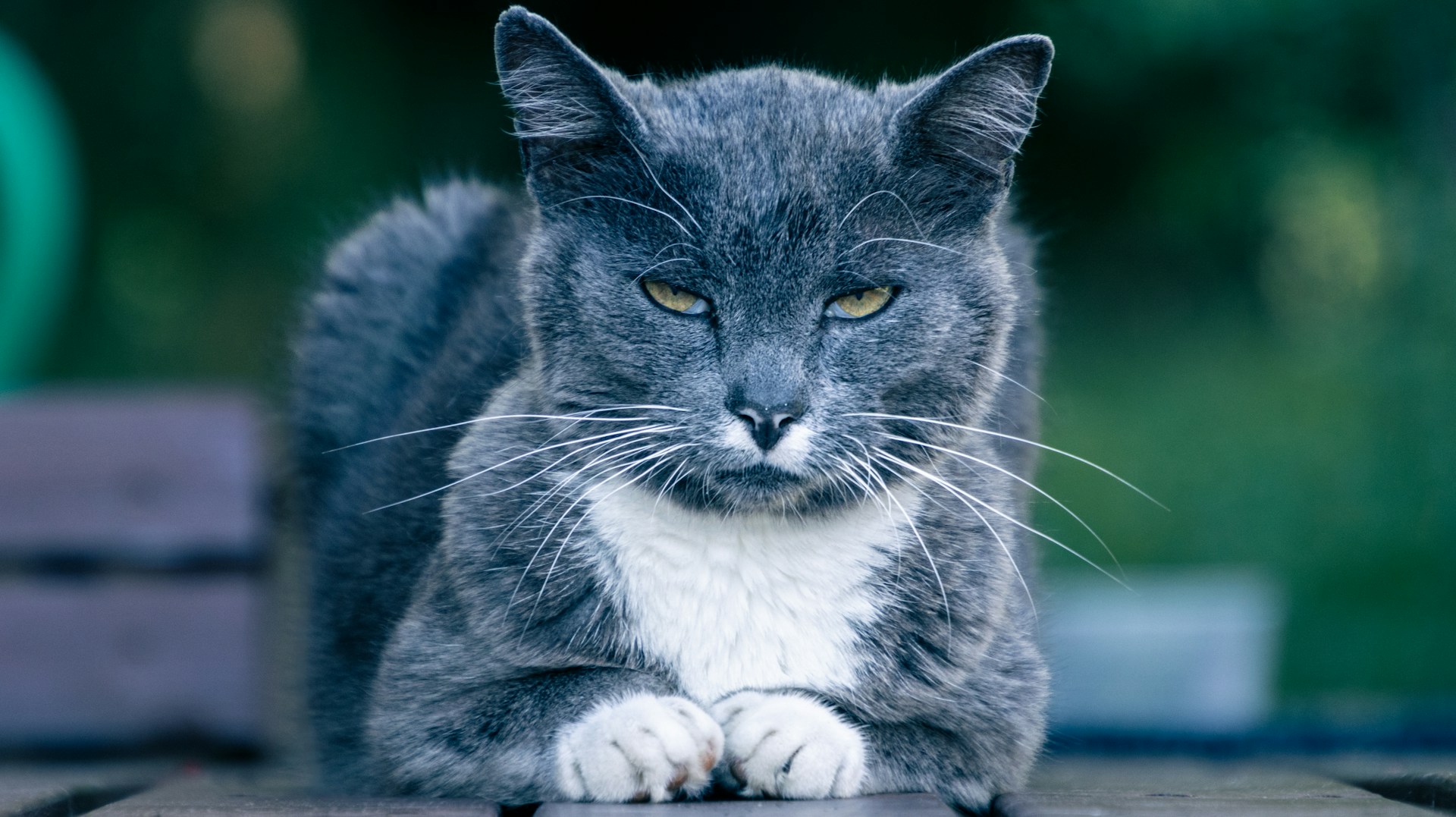
As your cat ages, you might notice they’re not quite as playful or energetic as they once were. Congratulations if your cat is seven years or older—you now have a senior cat on your hands!
With age comes a few extra health concerns, so regular checkups are very important. For senior cats, veterinarians recommend scheduling checkups every six months. This helps to catch potential health issues early and makes treatment easier and more effective. Think of it like preventive care—keeping small problems from becoming big ones.
Common Senior Cat Health Issues
Nationwide Pet Insurance reviewed claims for cats between the ages of seven and ten to create a list of the top 10 most common health problems in senior cats. These include:
-
Tooth infection, cavities, or abscesses
-
Bladder or urinary tract disease
-
Vomiting and upset stomach
-
Diabetes
-
Diarrhea
-
Kidney disease or failure
-
Skin allergies
-
Hyperthyroidism (excessive thyroid hormone)
-
Lymph node cancer
-
Inflammatory bowel disease (IBD)
Scheduling Feline Checkups
-
7-10 years: Every six months, even if your cat seems healthy. These visits allow your vet to monitor for early signs of age-related issues, such as dental problems, kidney disease, or diabetes.
-
Routine Testing: Blood work, urine analysis, and sometimes X-rays can help detect conditions like hyperthyroidism or kidney disease before your cat starts showing symptoms.
Why Regular Checkups Matter
These conditions can range from mild to severe, with some requiring long-term care. Early detection is key to managing these health problems and ensuring your cat stays as comfortable as possible in their golden years.
Make sure to discuss any changes in your cat’s behavior, eating habits, or litter box use with your vet during each visit. Being proactive about their health not only improves their quality of life but also helps you plan ahead for potential treatments and costs.
By staying on top of these checkups, you’re giving your senior cat the best chance to age gracefully and enjoy a long, healthy life.
Get insurance plans with wide-ranging coverage options








